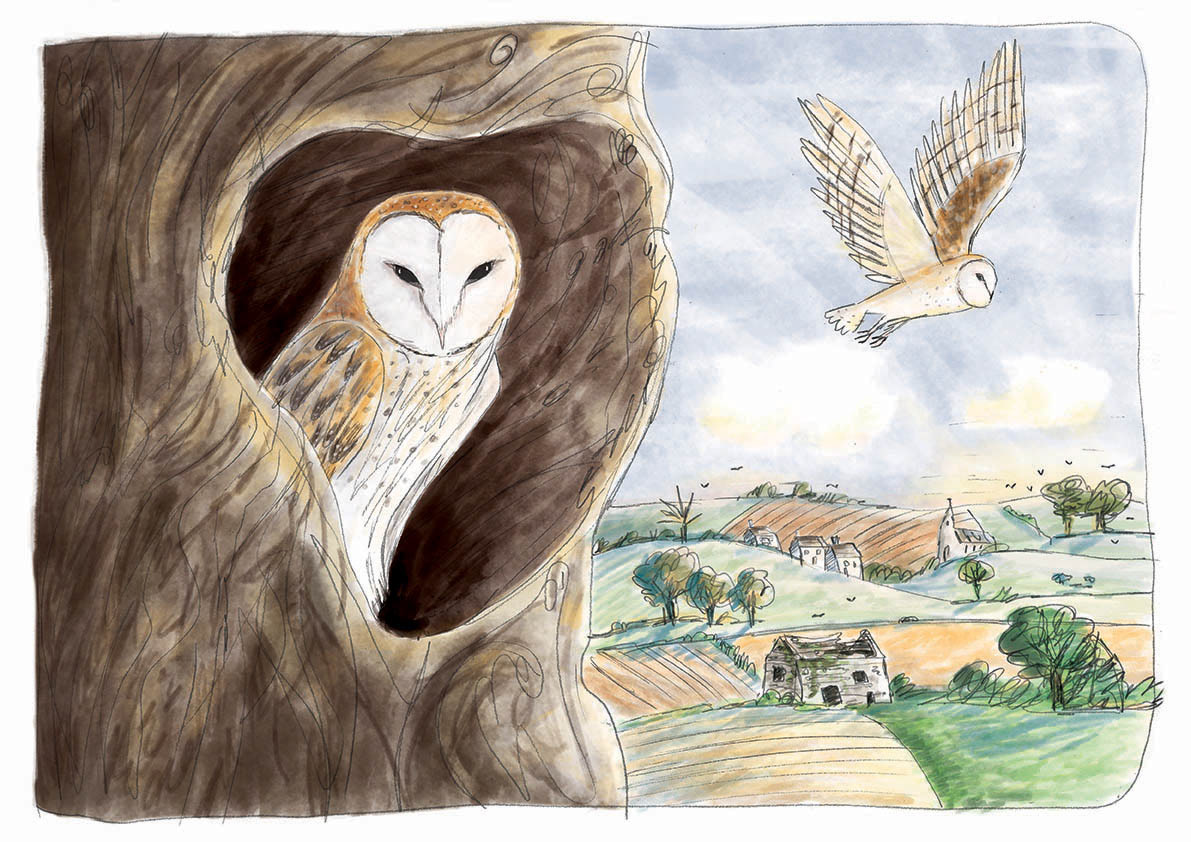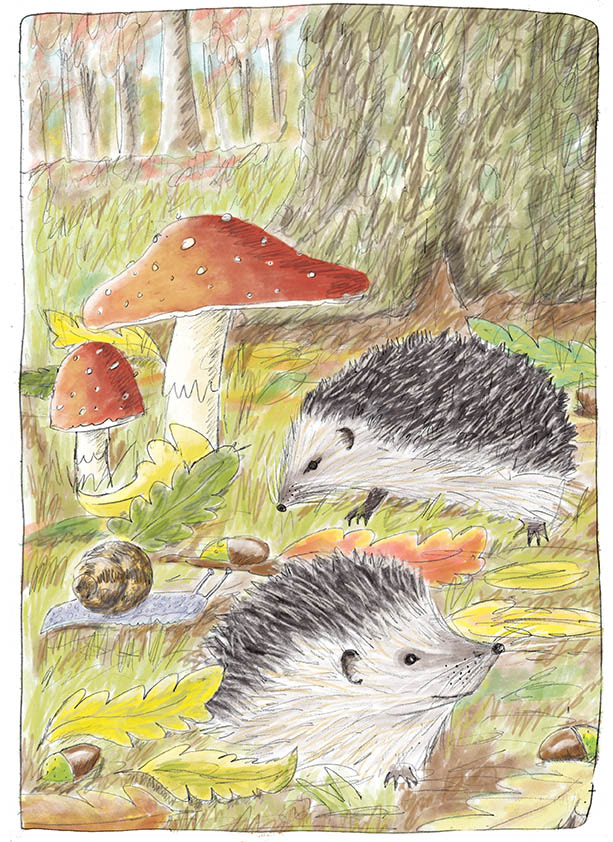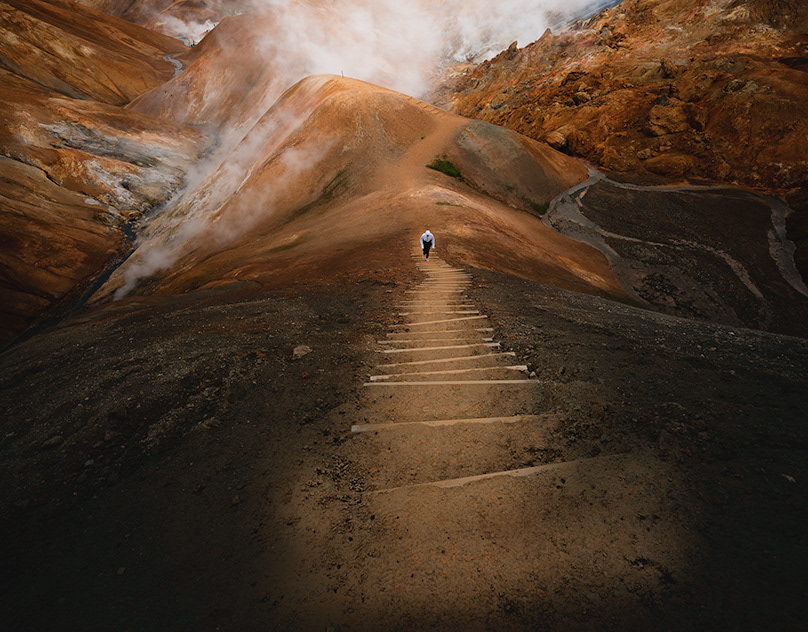Wonderful World
A set of prints I designed for the Wonderful World exhibition held at Colonnade House in March 2020 along side other local artists and hosted by Worthing Climate Action.
The exhibition’s theme was climate change, and my work aimed to provide a voice for British wildlife whose numbers are in startling decline due to the impacts of human activity. As a writer and illustrator I use words and pictures to spotlight three species, telling us what’s wonderful about them, the threats they face, and the changes we can all make to help them thrive.

Puffins
Atlantic puffins spend most of their lives at sea. They visit the British Isles in summer to breed and build their nests in underground burrows. Their bright beaks and comical gait are iconic of British Wildlife. Sadly, their numbers are in startling decline and they are now listed as vulnerable by the IUNC. Climate change is thought to be the main cause as rising sea temperatures affect the cold water fish and eels that they rely on for food. An increase in extreme weather events also causes many dead puffins to wash up on our shores following storms at sea.

Barn Owls
Barn owls are one of our most awe inspiring birds and can be spotted around farms and low grassland across the British Isles. They have characteristic heart-shaped faces and, unlike other owls, let out an eerie screech instead of a hoot. An increase in extreme weather events in the UK has been a threat to their existence as it becomes harder for them to hunt for prey. Snow and ice makes it difficult for them to find small mammals and their feathers aren’t waterproof so they can’t hunt during prolonged periods of rain.

Hedgehogs
Hedgehogs are our most loved mammal and have become symbolic of British wildlife conservation. They were once a common site in our gardens, snuffling in leaves with their long noses and curling into a spiky ball if approached. Sadly, they have now become a rare sight, with many young people reporting never to have seen one. This large decline has led them to be listed as vulnerable on Great Britain’s Red List for mammals. Warmer winters mean they temporarily wake from hibernation to forage for food. This winter-walking can be life threatening for them as they use up vital energy reserves and don’t find enough invertebrates to eat.

What Can We Do?
Climate change is a huge topic and at times it can feel scary and overwhelming. It’s not too late, but we must act now to protect our beloved wildlife for future generations to enjoy. If we take small actions as individuals, together we can bring about the societal changes needed to tackle the crisis. Here are 10 simple tips to reduce your carbon footprint...
1. Consume less - fix and reuse things rather than buying new.
2. Dry laundry on the line rather than use a tumble dryer.
3. Eat a more plant based diet and reduce or cut out meat and dairy products.
4. Buy locally sourced, seasonal foods that use less air miles - or grow your own.
5. Vote for political parties that support protecting the environment.
6. Switch to greener energy providers.
7. Reduce your air miles (do you really need to fly to go on your holidays?)
8. Use less central heating.
9. For short journeys walk, cycle or catch the bus rather than using a car.
10. Use less water by turning off taps and taking shorter showers.



